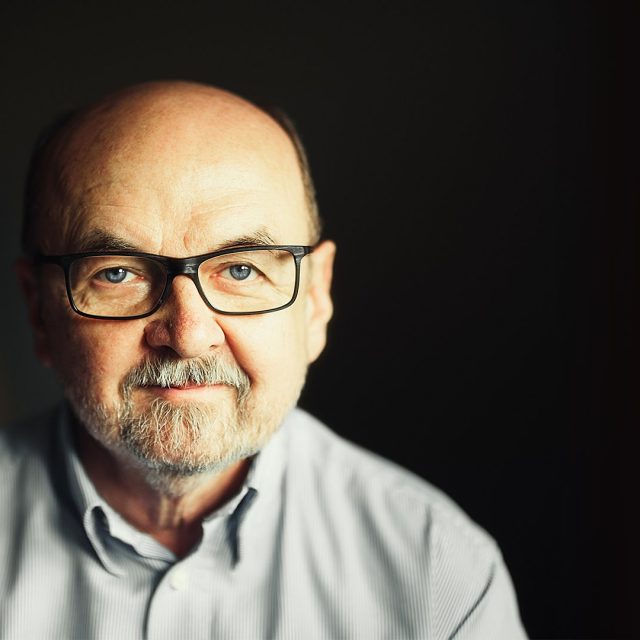The Conference Plenary has concluded its work, with MEPs expressing their approval of the outcome and announcing that Parliament intends to kick-start EU reforms.
Parliament’s delegation decided to support the Plenary’s draft proposals. MEPs highlighted the important role that Parliament played in the run-up to this moment, for example by guaranteeing that citizens’ input would remain at the centre of the deliberations throughout the process.
Speakers from five political groups representing a broad majority (EPP, S&D, Renew, Greens/EFA, and The Left) agreed that the draft proposals are a major political achievement. They also pointed to Parliament’s concrete achievements in ensuring an effective and democratic process – for example through the establishment of the Working Groups, which delivered the draft Plenary proposals. MEPs representing the ID and ECR groups argued that the proposals do not reflect public opinion in the EU, and stated that their groups would not support them.
The session on Friday started with the proposals being presented by the Chairs of the Working Groups and the citizen Spokespersons, during which virtually all speakers agreed that the proposals comprise important reforms based on citizens’ recommendations.
Following the presentations, representatives of the four institutional components of the Conference (Parliament, Council, Commission, and national parliaments) approved the proposals by consensus. During his speech on behalf of Parliament’s delegation, the Co-Chair of the Conference Guy Verhofstadt confirmed that the political groups will table a resolution during Parliament’s 2-5 May plenary session to call for a revision of the Treaties. Commenting that this Conference has made him realise the importance of participatory mechanisms complementary to representative democracy, he stated that MEPs must fight hard to ensure that the Conference’s proposals will be turned into the reforms that the EU needs.
On Saturday morning, citizens took the floor to comment on the final proposals and the process that led to them, strongly approving of both. They highlighted that they are now expecting the EU institutions and member states to ensure the appropriate follow-up, and the importance of not letting citizens down in the aftermath of this historic moment. They also commented on how their ideas evolved through the Conference’s debates and the impact that Russia’s war in Ukraine had on them, as well as on how they realised the importance of standing up for their ideas while preparing the proposals.
On Europe Day (9 May), the three Co-Chairs will present the final report of the Conference to the Presidents of the EU institutions at a ceremony in the European Parliament in Strasbourg.




